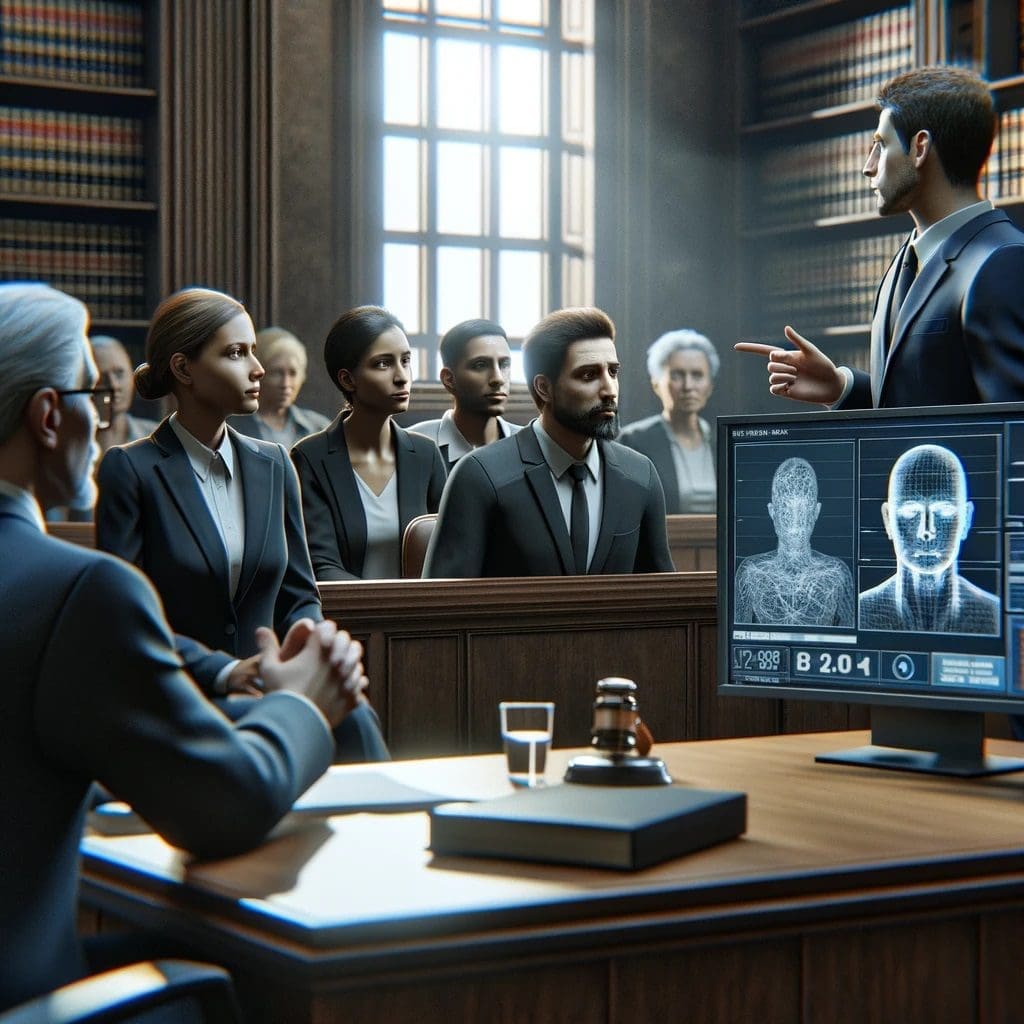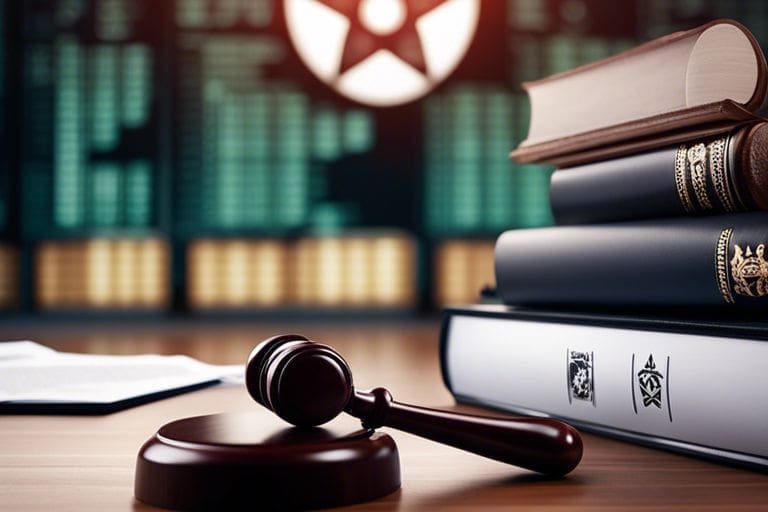Conspiracy

Deciphering Conspiracy in Law: An Expert Guide to Legal Definitions and Defense
Introduction Conspiracy, a term often shrouded in complexity and misinterpretation, is a significant concept in criminal law. This article aims to demystify the legal intricacies of conspiracy, offering clear, professional insights for those seeking to understand or navigate these charges.
Legal Definitions and Framework At its core, conspiracy involves an agreement between two or more parties to commit a crime, regardless of whether the crime is ultimately carried out. The law requires proof of intent and, in many cases, some action towards committing the crime. This section explores these legal definitions, the criteria for charging someone with conspiracy, and how conspiracy is distinguished from other criminal activities.
Conspiracy Charges and Implications Conspiracy charges are serious and carry substantial legal implications. Penalties can range from fines to imprisonment, depending on the nature of the intended crime and the jurisdiction. We delve into what these charges entail, including the potential consequences and the impact they can have on the accused’s life and reputation.
Legal Defenses Against Conspiracy Charges Mounting a defense against conspiracy charges requires a deep understanding of legal strategy. The article discusses various defenses, such as demonstrating the absence of an agreement, lack of intent, or withdrawal from the conspiracy before any crime is committed. These defenses are analyzed for their effectiveness in different legal scenarios.
Case Studies and Legal Precedents To provide practical understanding, this section includes case studies and legal precedents. These real-life examples demonstrate how conspiracy laws have been applied and interpreted, offering insights into successful defense strategies and common prosecutorial approaches.
Role of Legal Counsel in Conspiracy Cases The role of legal counsel is crucial in conspiracy cases. Experienced attorneys can navigate the complexities of conspiracy law, guide the accused through the legal process, and develop robust defense strategies. This section emphasizes the importance of skilled legal representation in such cases.
Preventive Measures and Public Awareness Prevention and awareness are key in addressing conspiracy. The article discusses how education about the legal implications of conspiracy can serve as a deterrent, particularly in vulnerable communities or among young people who may be susceptible to involvement in such schemes.
Legal Changes and Future Directions Conspiracy law is continually evolving. Recent legal changes, technological advancements, and shifts in societal behavior all influence how conspiracy laws are shaped and enforced. This section looks at current trends and potential future developments in conspiracy law.
Conclusion Conspiracy laws are a vital part of the criminal justice system, designed to thwart criminal plans before they materialize. This comprehensive guide provides an insightful overview, aimed at educating readers about the legal aspects of conspiracy, aiding them in understanding and navigating these complex charges.






